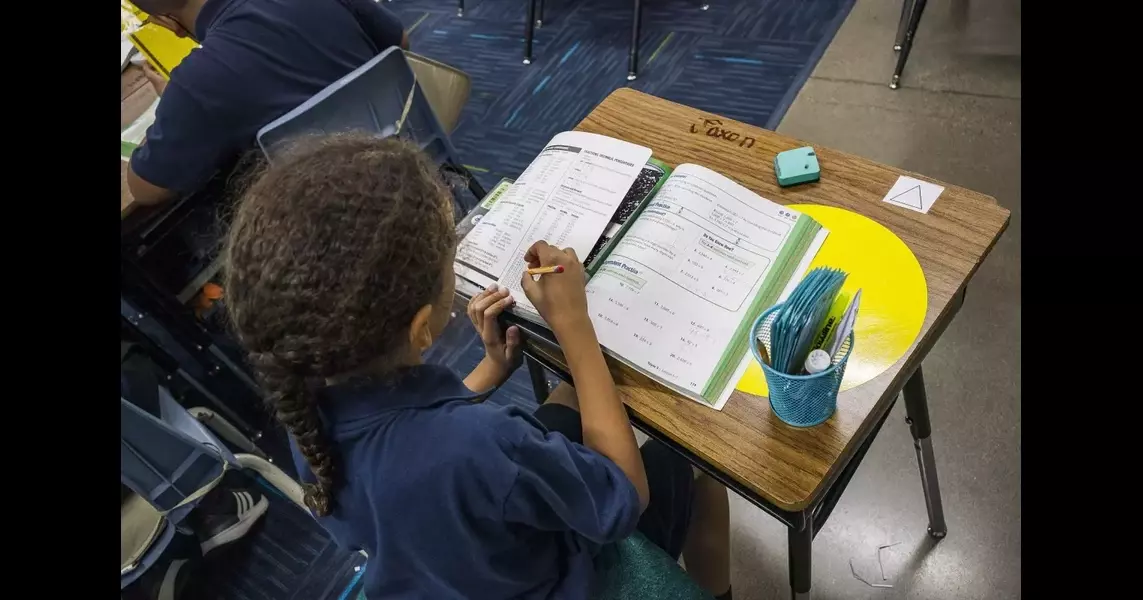Overcoming Our Denial About Smartphones’ Effect on Kids

Unplugging the Classroom: The Urgent Need to Ban Smartphones in Schools
As the digital age continues to reshape our lives, the debate over the role of smartphones in education has intensified. Across the nation, state and national governments are taking action to address the growing concern over the detrimental impact of these devices on student learning and well-being. From Florida to Italy, leaders are recognizing the need to implement policies that limit smartphone use in the classroom, a move that has sparked both support and controversy.Reclaiming the Classroom: The Case for Smartphone Bans in Schools
The Addiction Epidemic: Smartphones and the Decline of Student Performance
Numerous studies have demonstrated the addictive and distracting nature of smartphones, and their corrosive impact on mental health. Instead of focusing on their studies and engaging with their peers, students are increasingly consumed by the endless stream of content and stimulation from their devices. This attachment has only been exacerbated by the COVID-19 lockdowns, leading to a significant decline in academic performance and social engagement.Educators have witnessed firsthand the detrimental effects of smartphone addiction in their classrooms. What was once a manageable problem has now become a pervasive issue, with the majority of students relying on their phones to function. Teachers are often forced to compromise, allowing "brain breaks" where students can use their devices, or selectively targeting the worst offenders. This compromise, however, does little to address the underlying problem and has contributed to a concerning trend of talented students disengaging from school and retreating into the digital world.
The impact of this smartphone epidemic is reflected in the abysmal standardized test results, prompting testing companies to continuously revise and recalibrate their exams. If these tests remained unchanged, the decline in student performance would be glaringly evident, sparking widespread outrage and a demand for action.
Debunking the Excuses: The Fallacy of Smartphone Empowerment and Self-Regulation
Proponents of keeping smartphones in the classroom often argue that these devices empower students and provide a check on bad teachers or potential threats. They claim that smartphones can protect against bullying, enable students to document indoctrination, and even give them a tactical advantage in the event of a school shooting. However, these arguments fail to hold up under scrutiny.The rare instances of using smartphones to catch bullies or shooters do not come close to offsetting the widespread problem of tech addiction. In fact, research shows that smartphone use can lead to lower levels of empathy, exacerbating bullying and antisocial behavior both online and offline. Moreover, the idea that students can effectively self-regulate their phone usage ignores the inherently addictive nature of these devices, which are engineered to hijack the brain and provide constant stimulation.
The notion that students can develop their own discipline and responsibility when it comes to smartphone use is simply unrealistic. Expecting a teenager to resist the pull of their device is akin to asking a heroin addict or alcoholic to quit cold turkey. Serious intervention is necessary, and the initial withdrawal can be severe. Ultimately, the unwillingness to confront this issue head-on stems from a desire to avoid being the "bad cop" and the discomfort of creating a classroom environment that feels more like a rehabilitation clinic.
The Urgent Need for Action: Banning Smartphones in Schools and Beyond
The time has come to acknowledge the stark reality: smartphones have become a scourge on our education system, and decisive action is required to address this crisis. While the prospect of banning these devices from the classroom may seem daunting, it is a necessary step to reclaim the learning environment and safeguard the well-being of our students.Governments and school districts must take the lead in implementing comprehensive policies that prohibit the use of smartphones during instructional time. This move will not only improve academic performance and foster greater engagement, but it will also help students develop the self-discipline and focus needed to succeed in the real world. The short-term discomfort of this transition will be far outweighed by the long-term benefits of a generation freed from the shackles of digital addiction.
Moreover, the responsibility to address this issue extends beyond the classroom. Parents and guardians must also take an active role in limiting smartphone use at home, creating a holistic approach to tackling this challenge. By working together, educators, policymakers, and families can reclaim the educational landscape and ensure that our children are equipped with the skills and resilience needed to thrive in the 21st century.